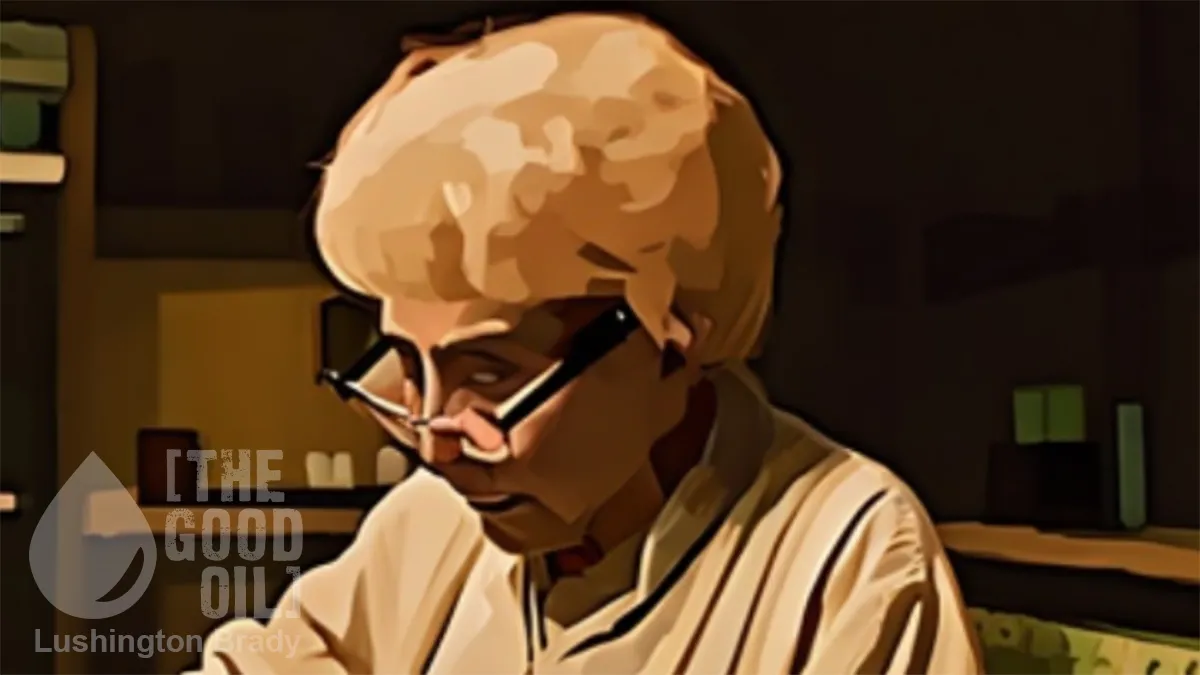Table of Contents
If you can kill human beings at the beginning of life, what’s stopping you killing them at the other end? Especially when you cloak the killing in the language of ‘compassion’ and ‘choice’.
In 1967, [the British House of Commons] gave us abortion on demand; last week, it did the same with euthanasia. The move from withdrawing the right to life from the youngest to the oldest was not linear. But, as in Australia, it was perhaps inevitable […]
Big Abortion will find its companion in Big Euthanasia. Scientists will devise more efficient (and thus “more dignified”) death pods. Medical insurers will offer discounts to check out early. Parties of the left will seek to clothe reproductive rights and assisted dying in the same moral superiority. All the time we will be asked to celebrate the primacy of choice.
Both pro-abortion and pro-medical suicide (let’s call things by what they are: euphemism is the first step on the road to justifying atrocity) advocates will no doubt sneer that there’s no link between the two, but the same cognitive step is behind both. That is, the deprecation of the sanctity of human life.
Again, pro-abortionists will object that ‘a foetus is not a baby’. I’m not saying it is, but it is very much human and alive. In fact, relegating a foetus to something less than human is exactly the start of justifying disregard for human life.
Having crossed that Rubicon, it’s no short stretch leap straight over the next: relegating the old and terminally ill to less-than-fully-human status. Indeed, the same language is used to justify both: convenience (to either the mother of an unborn child or the relatives of the burdensome sick or elderly).
Another giveaway is the resort to motte-and-bailey arguments. Pro-abortionists routinely default to claims of rape or medical necessity: in fact, both account for less than one per cent of abortions. Pro-medical suicidists appeal to intolerable terminal suffering: likewise, very few of euthanasia cases involve any such thing.
Indeed, once euthanasia laws are passed, the medical suicide lobby invariably immediately proceed to lobby for and, as we see in the Netherlands, Belgium and Canada, routinely get to expand their death industry to an on-demand service, no reason necessary.
Abortion may have been safe (save for its target) and legal. It has not become rare. What will stop euthanasia being subject to the same forces? […]
Euthanasia will be safe, legal and rare. Most British MPs pushed this line last week. We heard similar from our legislators when assisted dying was legalised in every Australian state between 2017 and last year.
Having seen the trajectory of medical killing in the Netherlands and Canada (which now pressures, sometimes with brutal coercion, even the disabled to submit to state-sanctioned death), who would seriously believe the same won’t happen here?
It already is. The Australian Lawyers Association is pushing hard to make death available over the phone.
The peak body for lawyers has called for the scrapping of federal laws prohibiting use of telehealth consultations to facilitate access to voluntary assisted dying, urging the Northern Territory to push for the laws to be changed as it formulates its own euthanasia scheme.
These death-obsessives want to make medical suicide as easy as dialling a pizza. What next? Uber Deaths? Jim’s Euthanasia?
As history grimly demonstrates, once you cross certain lines, crossing the next is progressively easier. The Third Reich started by gassing the disabled, the habitually criminal and the medical burdensome. The modern West started by killing babies, now it’s moved on to gassing grandmas.
Where will it end this time?









